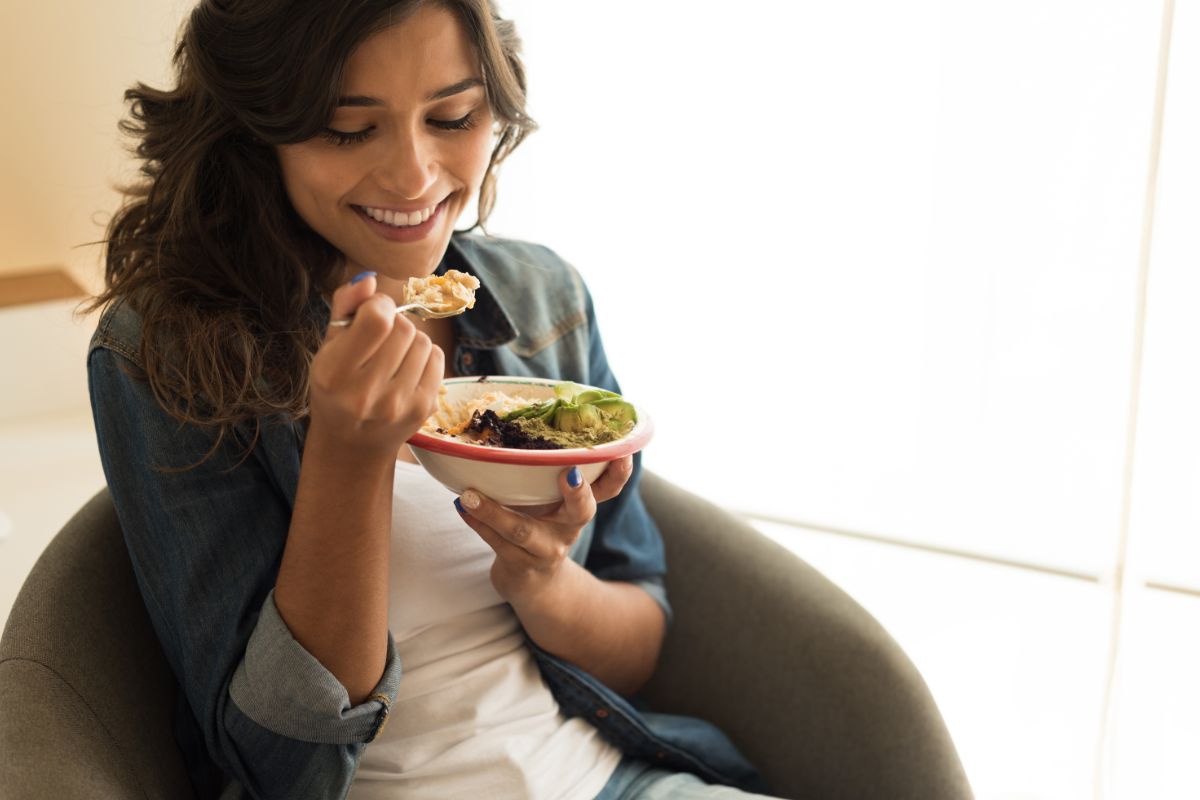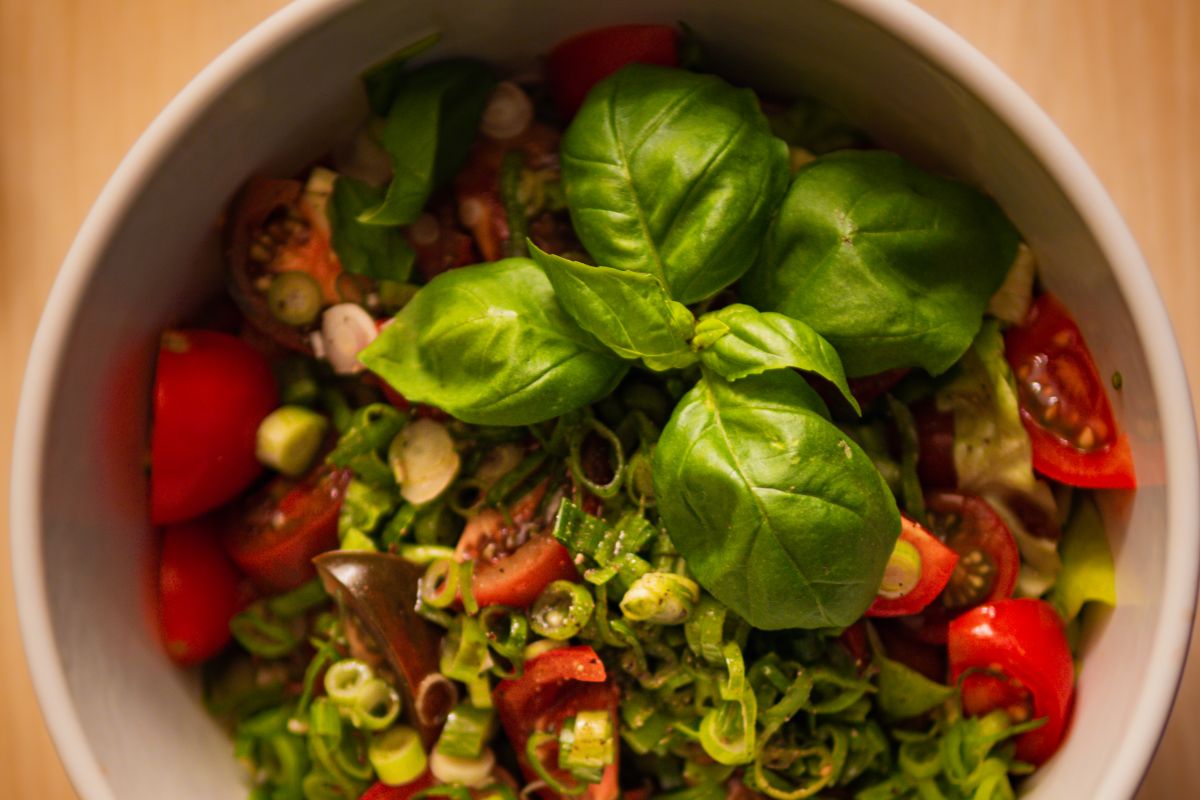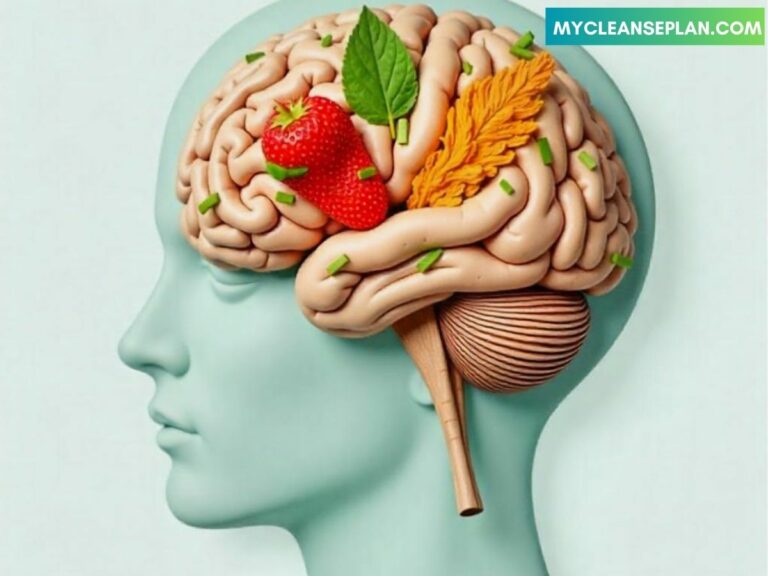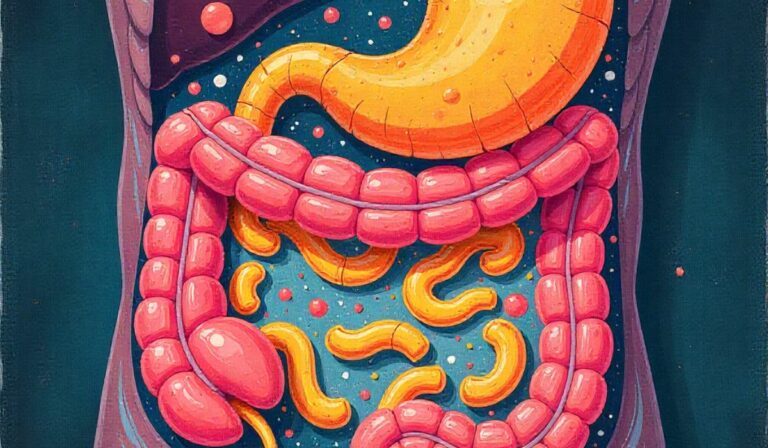What Is The Raw Vegan Diet – Is It Really Healthier
The raw vegan diet is a plant-based dietary approach that has gained traction in recent years as an alternative to traditional diets. It emphasizes eating only uncooked and unprocessed plant foods such as fruits, vegetables, nuts, seeds, and sprouted grains.
Proponents of the diet believe that these foods are more nutritionally dense than cooked or processed options and can provide a variety of health benefits.
What Exactly Is The Raw Vegan Diet?
The raw vegan diet is a subset of the vegan lifestyle that excludes all animal products and focuses exclusively on eating unprocessed foods derived from plants.
It includes generous amounts of fruits, vegetables, nuts, seeds, and sprouts, as well as processed vegan alternatives such as nut milk, plant-based cheeses, and veggie burgers.
What Are The Benefits Of The Raw Vegan Diet?
The raw vegan diet may have various health benefits, including weight loss and improved digestion due to increased intake of nutrient-dense foods.
Eating this way also encourages you to become more mindful when it comes to your eating habits by making conscious decisions related to what you put into your body.
While some people find this way of eating quite restrictive, with some creativity and experimentation those who take up the challenge can enjoy a delicious meal plan without feeling deprived or unsatisfied.
Improved Heart Health
A raw vegan diet may be one of the healthiest options for improving heart health. Raw vegan diets are typically rich in fruits and vegetables, which have been consistently linked to reducing the risk of heart disease.
Individuals who consume more than five servings per day of fruits and vegetables can reduce their risk of coronary artery disease by up to 17%.
Consequently, a raw vegan diet provides an abundance of fresh fruits, vegetables, and other critically important nutrients for improving heart health.
Great For Weight Loss
A raw vegan diet could be an effective aid for weight loss. It has been found that this type of diet could help people lose anywhere between 9 -12 kilograms or 21–26 pounds.
The main benefit of this type of diet is that it may reduce the risk factors associated with health diseases such as type 2 diabetes and heart disease. In addition, the diet may also help individuals to become healthier without becoming underweight.
Overall, it is recommended to consult a qualified nutritionist or doctor before switching to a raw vegan diet if you are hoping to benefit from potential weight loss results associated with it.
Reduced Risk Of Diabetes
Raw vegan diets may reduce a person’s risk of developing type 2 diabetes. The raw vegan diet almost halves people’s risk of developing the condition compared to non-vegetarian diets.
This is likely due to these dietary changes limiting the consumption of processed sugars, trans fats, and other foods that can lead to an increased risk for this form of diabetes.
What Are The Health Risks Associated With The Raw Vegan Diet?
A raw vegan diet has been rising in popularity. On the surface, this diet appears to be highly nutritious, as it typically contains a wide variety of fruits and vegetables, but it can also be low in calories and high in natural sugars.
While there is still much to learn about the long-term effects of a raw vegan diet, there are certain health risks associated with this dietary lifestyle that a person should stay aware of.
Certain Mineral And Vitamin Deficiencies

Vitamin and mineral deficiencies are one of the main risks of following a raw vegan diet. This type of lifestyle can often cause a person to lack proper intake of essential nutritional elements, and risk malnutrition.
The diet may be associated with low levels of protein, vitamin B12, vitamin D, and iron. Protein is important for cell growth and development and helps to maintain healthy tissue.
Vitamin B12 is crucial for maintaining proper neurological function; Vitamin D plays an important role in bone health; Iron is needed to form hemoglobin in red blood cells, which transports oxygen throughout the body.
Bone Weakening
Weak bones can be a very concerning problem for those who suffer from them. Weak bones can often mean an increased risk of fractures, which can lead to long-term health problems and even chronic pain.
Weakened bones are most commonly associated with osteoporosis, a medical condition in which the body loses too much bone mass or fails to make enough new bone in order to keep up with the rate at which the old one is being broken down and replaced.
This causes weak and brittle bones, making them more prone to fractures even from minimal collisions or falls.
Decaying Teeth
Eating fruit provides numerous health benefits, but it can also be a risk factor for tooth decay. Many fruits contain high amounts of natural sugars, and eating too much can cause extensive damage to the teeth.
Potential Food Poisoning
Food poisoning can be a serious health risk if precautions aren’t taken. Some fruits and vegetables that are eaten raw, such as salads, can lead to food poisoning if not handled correctly.
The bacteria found in uncooked fruits and vegetables may not cause symptoms of food poisoning, but some germs cannot be seen, which means they can still spread and make someone ill.
Irregular Periods
Those adhering to a long-term raw food diet may experience irregular periods or the complete absence of them. A higher volume of raw foods in the diet can lead to more frequent irregularity or absence of menses.
Although it appears that following a raw food diet can have an effect on menstruation, further research needs to be done to explore its long-term effects on women’s health and how different types of raw foods affect the cycle differently.
It is important for women to track their menstrual cycles closely and report any irregularities immediately, as this could be indicative of any number of underlying health issues that need to be addressed.
What Are The Best Tips For Following A Raw Vegan Diet?
Adopting the raw vegan diet can offer a range of health benefits, but can be an adjustment for those who are used to eating heavily processed foods. To ensure that you are truly following the raw vegan diet, there are several food items to avoid.
Baked goods should be removed from your kitchen as they often contain large amounts of sugar and refined ingredients. Similarly, refined sugars have no place in this type of lifestyle, despite their common addition to many dishes.
Whole grain flour and related products should also not be consumed in a raw vegan diet. Instead, opt for unprocessed grains such as oats or quinoa.
In addition, stay away from oils such as vegetable oil or canola oil, as they are highly processed and provide little nutritional value.
Explore Also:
Creativehouseblog
Dietsheriff
Gigasecurehome
Final Thoughts
The raw vegan diet is a great way to improve overall health and wellness. It focuses on consuming uncooked fruits and vegetables, which provide essential vitamins and minerals needed for optimal health.
However, it is important to note that the raw vegan diet can lead to tooth decay, food poisoning, and irregular periods if not followed properly. With careful monitoring, the raw vegan diet can be a healthy and sustainable lifestyle choice.



![Should You Avoid FODMAPs Forever Unpacking the Diet's Truth[1]](https://mycleanseplan.com/wp-content/uploads/2025/11/Should_You_Avoid_FODMAPs_Forever__Unpacking_the_Diets_Truth1-768x448.jpg)

![Seasonal Prebiotics & Ferments for Each Climate A Complete Guide[1]](https://mycleanseplan.com/wp-content/uploads/2025/11/Seasonal_Prebiotics__Ferments_for_Each_Climate__A_Complete_Guide1-768x448.jpg)

